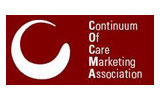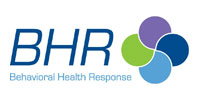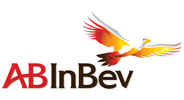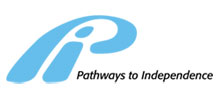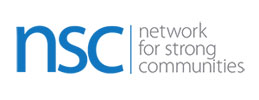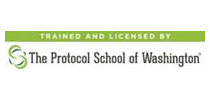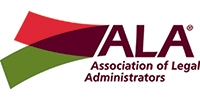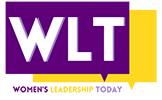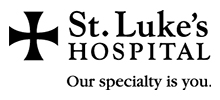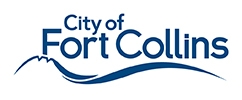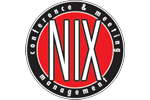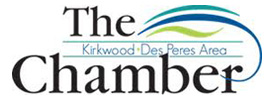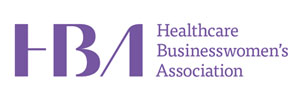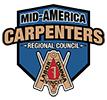
by Nancy Schnoebelen Imbs
published in ASAP
To pursue a career in the administrative assistant field you must be adept in key skills necessary to perform the job’s duties. In the admin world, possessing vast knowledge of technology is a must as is attention to detail, time management aptitude and organizational skills. But to, be a champion of all champions, to go beyond those important responsibilities and set yourself apart from others, an all-star administrative assistant will master other ‘smart skills’ to rise to the top. These smart skills are your people skills, your interpersonal skills, your soft skills. When you combine your proficient technology skills with your rock-star soft skills, you are golden.
“Soft skills get little respect but will make or break your career.”
~ Peggy Klaus
A joint study conducted by Harvard University, Stanford University and Carnegie Melon Foundation reported that 85 percent of one’s success in the workplace is due to excellent soft skills while 15 percent of success is related to his/her technical abilities. Fortunately, like technical skills, we can continually develop and improve our soft skills. Once you perfect these “smart skills” you will, undoubtedly, be recognized as among the best of the best.
Want to take your career to the all-star level? Develop these critical soft skills. With practice and commitment, you will shine.
1. Kind and Respectful
These are non-negatable soft skills (in any job). Kindness and respect are the hallmarks of one’s DNA. Everyone wants to work with people who are kind and respectful. It makes the workday more enjoyable. It shows you care and have respect for humanity. Kindness and respect build credibility, too. Make a conscious effort to practice acts of kindness and respect each day. Before you know it, you’ll feel good about yourself and others will appreciate your gestures. What’s more science proves kindness and respect are good for your health.
2. Humorous
Having the ability to laugh at yourself is a sign of strength. Humor can be a great relief when stressed at work. It’s good medicine. Mark Twain said, “Humor is the great thing, the saving thing after all. The minute it crops up, all our hardnesses yield, all our irritations and resentments flit away, and a sunny spirit takes their place.” Like kindness, humor is good for your well-being, too! Take time to laugh during the workday, it will lighten your spirits and help put things in perspective. Plus, people like to work with people with a sense of humor.
3. Empathetic
Empathy is the foundation of leadership. It’s knowing the feelings and emotions of others. For example, if a co-worker was laid off, a fellow co-worker with strong empathy skills will understand what the co-worker is experiencing as if he/she were feeling the loss themselves. Don’t confuse sympathy with empathy. Sympathy is ‘feeling for’ someone, while empathy, is ‘feeling with’ that person. Practice your empathy skills by engaging and listening to others, ask questions, examine your biases and tune in to your emotions.
4. Trustworthy
Holding one’s confidences in the workplace (or any setting for that matter) is a critical skill to own. You must earn trust. When people trust you, it reflects your many other favorable skills such as dependability, honesty and respect. You become trustworthy when you walk the walk and talk the talk. You keep your word. Never take trust for granted. Once it’s lost, it can be difficult to regain. Build trust by consistency. Do what you say you will do, keep commitments and refrain from gossip every day, year after year.
5. Flexible
Flexibility can be a challenging skill to possess, especially for those set in their ways. When you’re flexible, you can adapt easily to situations calmly and quickly, an important admin skill because of the many projects managed daily. Flexibility is also important as it shows you can effectively switch gears to halt work on project to pitch in to help with another concern or adjust your work plate to help someone else who may be on a temporary leave. Those who are flexible are highly admired. They “go the extra mile” to support others for the good of the organization. Enhance your flexibility skills with an open mind and a good attitude.
6. Confident
Confidence is a skill that will help you achieve your goals, build relationships and showcase poise. It is a leadership trait to be admired. Of course, you will want to manage your confidence as to not to be perceived as arrogant or boastful. Confidence conveys you are capable. It conveys you add value to the organization. Employers look for confidence in their hires because studies report confident people are more positive and productive. They make great role models, too. Develop your confidence by believing in yourself. The “I can” attitude is a powerful confident builder and should be practiced every day.
7. Courageous
According to the great Maya Angelou, “Courage is the most important of all the virtues because, without courage, you can’t practice any other virtue.” So true. When courageous, you align with your values and take a stand. It is not always agreeing with the status quo. Courage is not the absence of fear rather it is standing up for what you feel is right and just. Courage is a powerful skill that does not let fear stand in your way.
When we act with courage, we tend to feel good, because we are in control of our emotions and values. Strengthen your courage by combatting fear. Listen to your moral compass and your gut. Do this consistently and you will build your courage muscle.
8. Self-control
There can be nothing more unprofessional or embarrassing than when you lose your temper at work. You shout, cry or say something you regret and, boom, your chances for career advancement become unlikely. No one likes to work alongside a bully or someone who cannot control their emotions. No one. On the contrary, if you can regulate your emotions and alter responses, even in the most stressful situations, you will be looked upon as someone who is resilient, clear headed and reasonable. Increase your self-control with mindfulness; if you are in a situation that is triggering an undesirable emotion, excuse yourself for a cup of coffee or water (to gather yourself). Ask to continue the conversation a bit later (so you can cool off). Exhibiting self-control consistently says I can stay on task and assertively communicate with respect and clarity.
9. Self-aware
Self-awareness is the apex of leadership. When you have high self-awareness, you know your strengths and weaknesses. You understand and can control your emotions and actions. You know what makes you tick. Individuals with strong self-awareness do not feel threatened by others. They welcome feedback and collaboration. Those who have high self-awareness are the ones we want on our team. They are thoughtful and can proactively manage their behaviors and emotions. Develop your self-awareness by asking a trusted co-worker how he/she perceives you or take a personality assessment to better understand yourself.
10. Polish
Possessing exemplary social skills ranks high in any profession. Knowing how to behave with grace when managing conflict, dine with a colleague, dress appropriately, create small talk and exhibit business etiquette are not only necessary to advance your career but will boost your confidence, too. What’s more, you will shine! There many ways to develop your “polish.” Invest in yourself and enroll in career development courses that focus on social skills.









